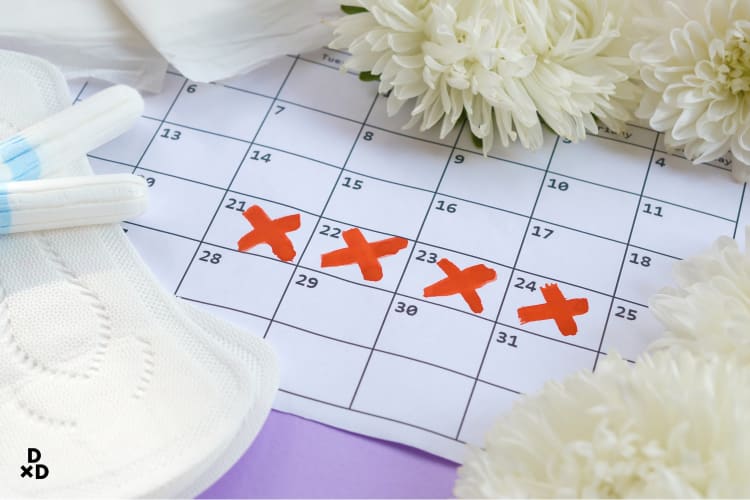Introduction
Traditional Chinese medicine (TCM), also known as Han medicine, is a traditional medicinal practice that originated from the Han Chinese and boasts a rich history of over 23 centuries. Introduced to the masses in Singapore by early migrants of mainland China, TCM has found its place as a form of alternative healthcare, with numerous TCM practitioners and clinics all over the city.
Traditional Chinese Medicine is generally well-known in Singapore and has won the acceptance of the general public for its holistic approach and ability to address a variety of ailments.
It is important to note that although Chinese and Western medicine are based on completely different principles, they aren’t polar opposites and, in fact, hold quite a few similarities between the two practices!
However, it may still be unfamiliar to you, and visiting the TCM clinic may feel quite intimidating. In this guide, I will share everything you need to know about traditional Chinese medicine, its basic principles, and what to expect when seeing a TCM physician. This includes estimated costs, the efficacy of treatment for certain conditions, and more.

What is Traditional Chinese Medicine (TCM)?
In China, the term “Chinese medicine (中医)” (meaning "Chinese" medicine) is more commonly used than “Han medicine (漢醫學)". However, the latter is a more neutral term still widely used in Japan and South Korea.
The basic principles of TCM believe in preventing or healing diseases by restoring the yin and yang balance and the five Elements (五行,金木水火土), the human body is regarded as the unity of Qi (气), Form (形), and Spirit (神). When your body is off-balance, it means your yin or yang is weak, causing you to feel lethargic and ill.
Four classical medical texts formed the foundation of TCM principles that help guide physicians and acupuncturists today and they are:
- Huang di Nei Jing (皇帝内经, Inner Canon of the Yellow Emperor) [1]
- Shang Han Lun (伤寒论, Treatise on Cold Damage Diseases) [2]
- Jin Gui Yao lue (金匮要略, Essential Prescriptions from the Golden Cabinet) [3]
- Wen bing Xue (温病学) [4]
Also read: What are the different body constitutions in TCM?
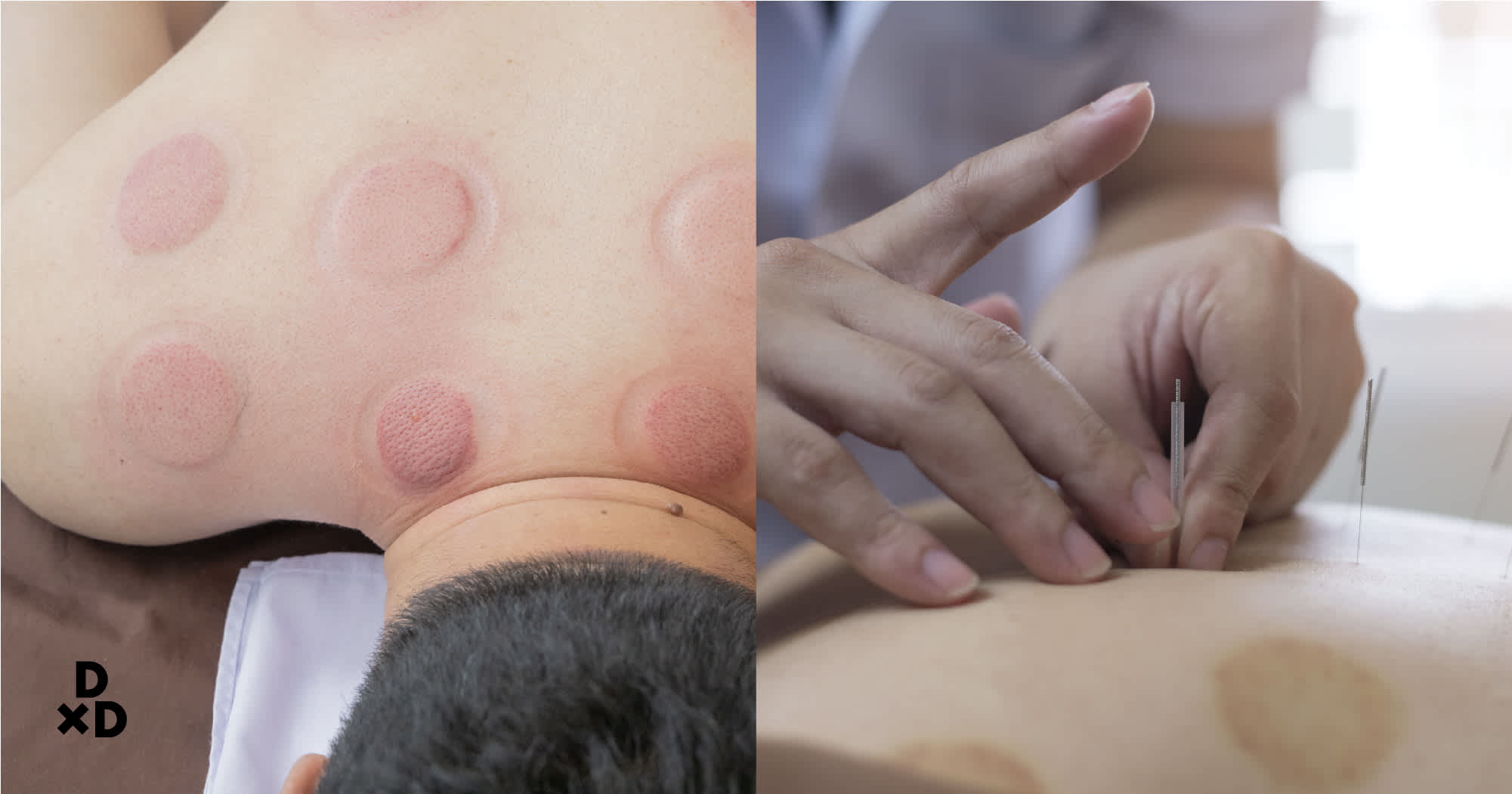
What are the common Traditional Chinese Medicine (TCM) treatments?
TCM consists of the following treatments that you may already know about:
- Acupuncture
- Massage
- Gua Sha (Skin scraping to improve circulation)
- Cupping
- Chinese herbal medicine
These different approaches have been studied through clinical research. [5]
Also read: How effective is TCM?
What can one expect during a consultation with a TCM physician in Singapore?
The physician will typically ask a series of questions that will help give them a holistic understanding of your health and to determine what treatment would be most suitable for you. Just like any consultation, your blood pressure may also be taken.
In my practice, during a consultation, I look at a few things:
- diagnosing the cause and the part of the body that is affected by the disease
- analysing the pathogenesis (based on TCM theory) and how it affects the function of our internal organs, changes in meridians (经脉 channels), joints, qi (气), blood (血), and body fluid (津液)
- judging the ebb and flow of evil qi (邪气,pathogens)
The above process is concluded by naming the disease and summarising the type of syndrome using the principle of syndrome differentiation. The methodology also involves the use of the four main methods, which are:
- Looking (examining the tongue and any external signs of the disease)
- Smell (Asking the patient if they have any pungent discharge)
- Asking questions
- Pulse taking
What is Health from a TCM perspective?
Traditional Chinese medicine has a complete theoretical system. It comprises a holistic view of "nature and man are one" (天人合一) and strongly believe that “the way the human body functions is interlinked and closely related to the natural world” (天人相应).
The three main features of TCM that we’ll look at are:
- Balance between Yin and Yang
- Environment and the natural world
- Viewing things as a connected whole
Yin and Yang
Human beings are considered to be an integral part of the natural world, composed of the most basic matter (named "qi") and its movement. This movement consists of two basic movements with different trends—Yin and Yang.
The basic idea of this principle is that yin and yang are mutually opposed and yet mutually interdependent, and they are always in motion and change. Under normal physiological conditions, the two are in a dynamic balance.
Once this dynamic balance in our bodies is disrupted, it will appear as a pathological state through illness. When the physician is treating diseases and correcting the imbalance between yin and yang, he/she does not view the problem from an isolated manner but rather he/she will examine the issue from a broader perspective.
The environmental context
As mentioned earlier, it is believed that man and nature are a unified whole, that is, "Nature and man are one" (天人合一) and “the way the human body functions is interlinked and closely related to the natural world” (天人相应).
The activities that people engage in and the occurrence of diseases are closely related to various changes in the natural world. These include:
- seasonal climate differences
- regional areas
- time shifts between day and night or morning and evening, and so on.
The different environments that people live in, coupled with the differences in the individual’s ability to adapt to the natural environment, have an effect on the constitution of the person.
Therefore, when TCM physicians are diagnosing and treating the same disease, they will pay more attention to the season, place, and individual conditions, instead of viewing everyone as being the same.
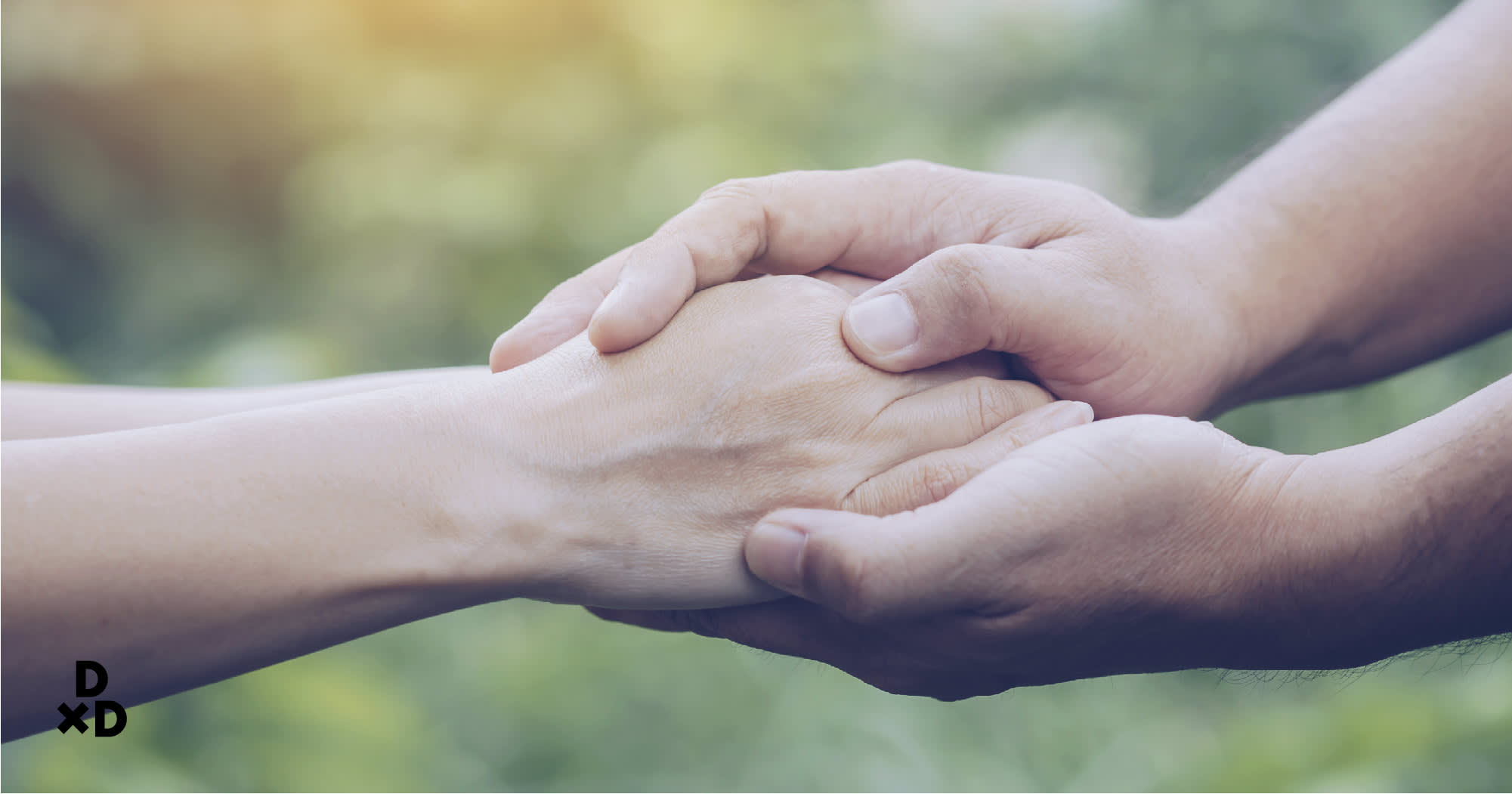
Viewing things as a connected whole
TCM physicians believe that the various tissues and organs of the human body are unified, and they are interconnected and influence each other both in physiology and pathology.
Hence, TCM physicians do not look at certain physiological or pathological phenomenons in isolation, but rather view the treatment and prevention of diseases from a holistic perspective.
How do TCM Treatments Complement Conventional Western Medicine?
TCM physicians base their diagnosis on symptoms that manifest on the patients, in contrast to Western medicine’s method of examining the virus or bacteria responsible for illnesses.
In Singapore, when one suffers from pain or muscle-related issues, muscle relaxants or painkillers are usually prescribed to them, however these medications may or may not work for everyone.
Also read: What Is Pain Management With Traditional Chinese Medicine?
Some of my patients who take muscle relaxants find that they do not help alleviate their pain, and so they visit TCM clinic to seek further treatment. From my experience, TCM treatments such as acupuncture, tuina, cupping and gua sha treatments are quite effective in alleviating these pains, this is also why TCM is well regarded for pain management in Singapore.
How much does it Cost to Visit a TCM Physician in Singapore?
The costs of consulting a TCM physician could vary significantly depending on the medical condition that you have and which TCM clinic you visit.
Treatment
Estimated cost range
Consultation fees
$10 - $50
Cupping treatments
$30
Acupuncture treatments
$30 to $50 (per session)
Acupressure massages
$75 (per one hour session)
The cost of the medication varies as it depends on what is prescribed to you, but do note that medication for fertility tends to be more costly as tonics such as ginseng and velvet antler (鹿茸), could be prescribed depending on the nature of the patient’s condition.
You can find more about TCM clinics and cost in The Complete Guide to TCM Clinics in Singapore.
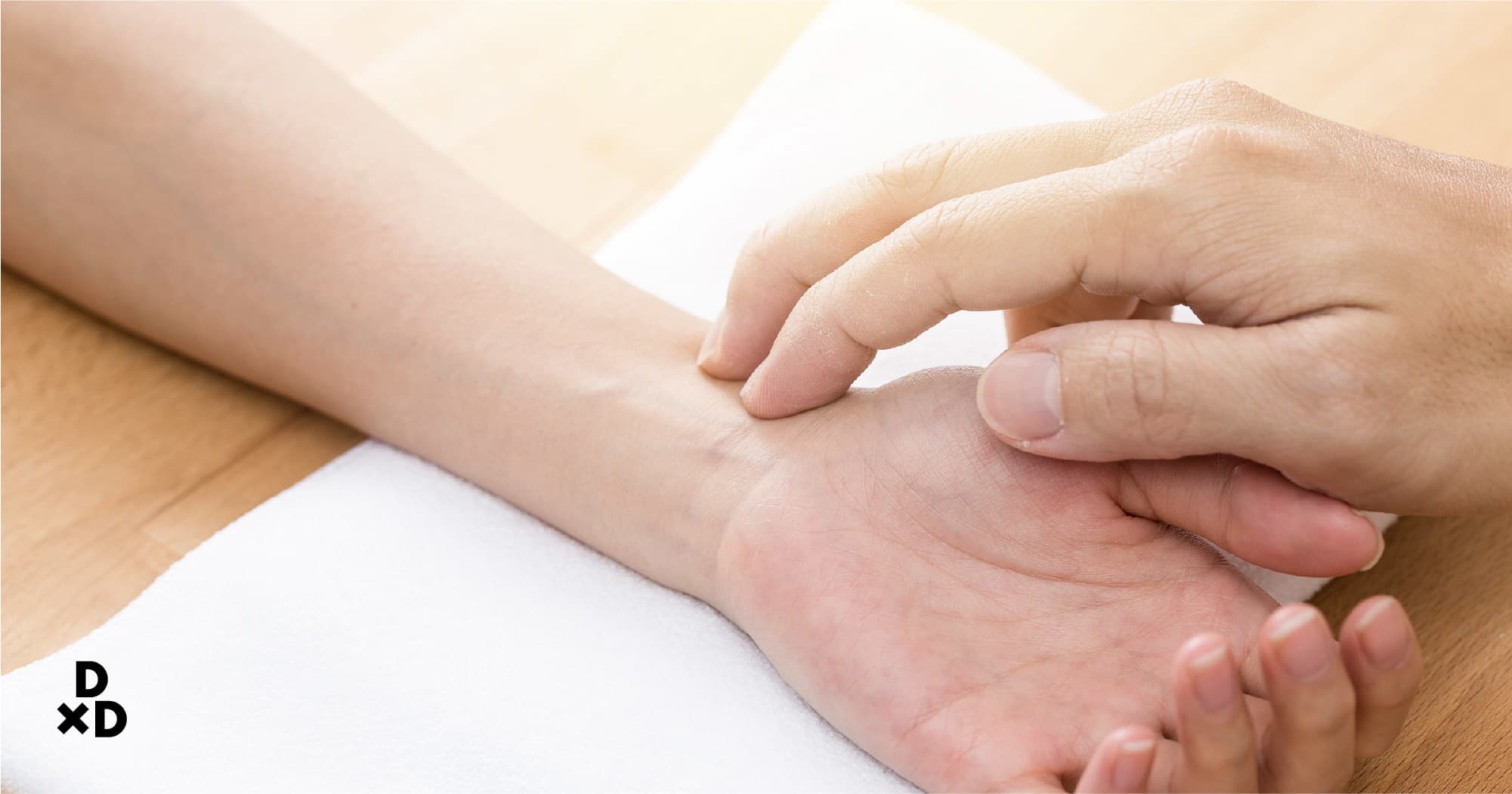
Are TCM treatments Medisave claimable in Singapore?
Unfortunately, most TCM treatments are not Medisave claimable.
However, some companies have group insurance coverage for TCM treatments performed by registered TCM Clinics (AIA, Aviva, AXA, Cigna, etc), so do check in with your HR department for further details. Most insurance companies also cover TCM treatments for injuries caused by accidents.
How safe is Traditional Chinese Medicine in Singapore?
TCM is generally safe if you are treated by a well-trained traditional Chinese medicine physician. This is especially true in Singapore, where one is only allowed to practice Traditional Chinese Medicine if they have passed the Singapore TCM-Physicians Registration Exam (STRE).
What training does a TCM physician undergo in Singapore?
TCM professionals in Singapore generally undergo a 5-year degree course followed by a licensing exam. You may find that your TCM physician is a graduate from certain institutions recognized by Singapore’s Traditional Chinese Medicine Practitioners Board. [6]
Just like medical doctors or allied health professionals, they also have to fulfill mandatory Continuing Professional Education requirements in order to maintain their practicing license. This ensures TCM physicians’ knowledge is constantly updated, thus improving the quality of care provided to the patients.
How do I know which TCM practitioner is best for me?
As many Traditional Chinese Medicine treatments require long-term commitment, the best Traditional Chinese Medicine physician for you is one with who you can communicate well with. It is paramount that you share both your health issues and treatment outcome desires with your TCM physician in order for them to craft a treatment plan most suited to your needs.
Having an experienced TCM physician who also has a basic knowledge of Western healthcare could also help, especially if your medical condition requires the physician to be able to understand the results of various lab tests.
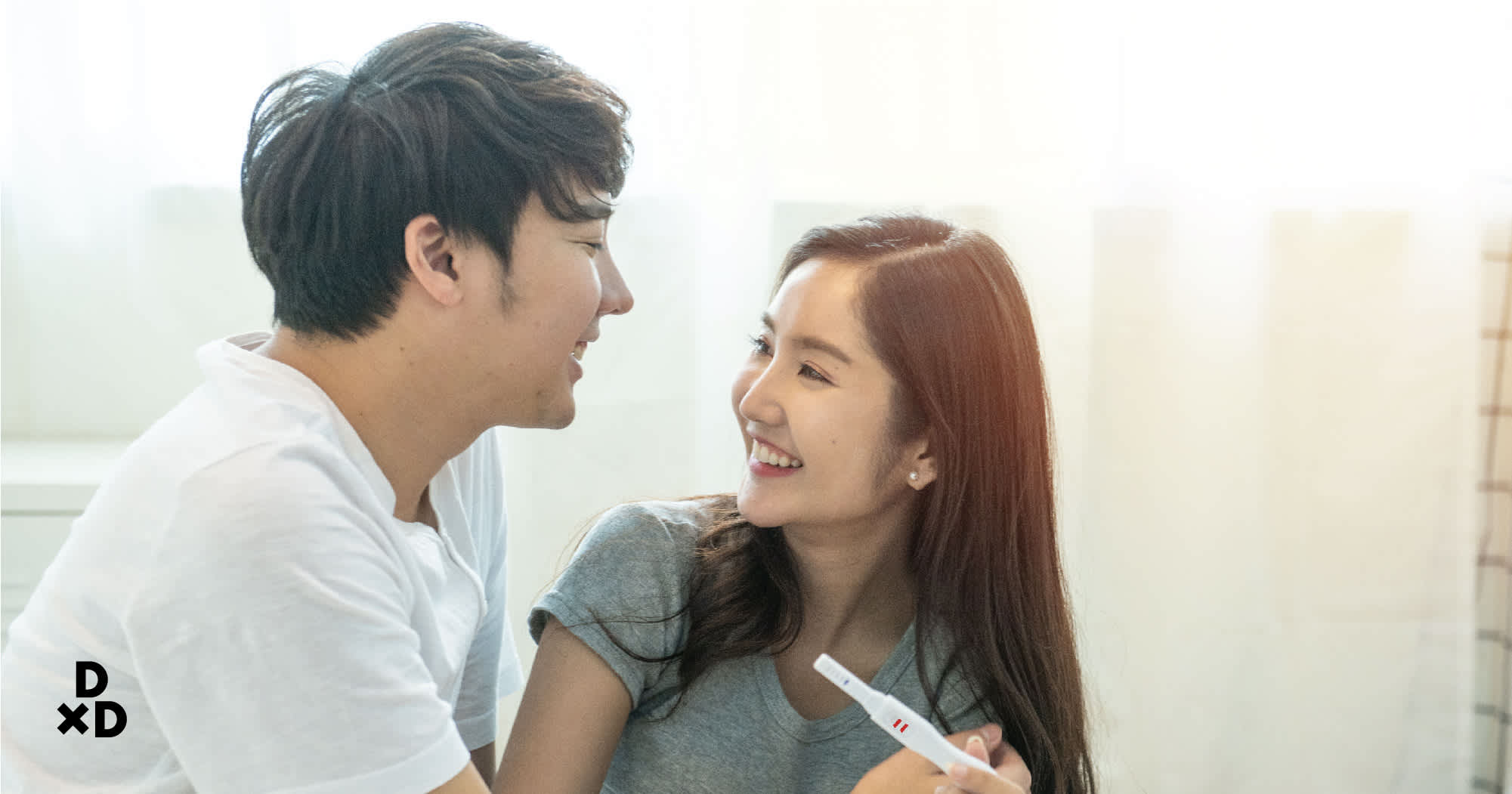
How Effective Is Traditional Chinese Medicine?
Traditional Chinese Medicine is effective for treating many medical conditions, especially those related to people having weak body constitutions. In my experience, I have helped patients with illnesses like shingles (生蛇 / 带状疱疹) — and most of them recover completely after a two-week treatment plan.
For muscle pain-related conditions, a majority of patients experience significant relief within 1 to 3 sessions of acupressure massage, cupping and gua sha (skin scraping).
As for TCM fertility treatments, the recommended length of treatment is generally 3 to 6 menstrual cycles (1 TCM treatment cycle is 3 menstrual cycles), although there were a number of cases where couples managed to conceive naturally within 3 menstrual cycles after following my instructions closely.
Also read: The Ultimate Guide to TCM Fertility Treatments in Singapore (2021)
As a TCM professional, I will not claim to be able to solve every health issue, especially if the patient’s conditions require surgery, in which case, I would advise patients to seek treatment at the hospitals.
Sometimes, TCM treatments work best concurrently with Western medicine. For example, a patient with blocked fallopian tubes may have to go for IVF treatment and complementary TCM treatment 3 to 6 months before the commencement of IVF treatment can improve their chance of getting pregnant.
The efficacy of the Traditional Chinese Medicine treatments is dependent largely on the physician’s training and areas of expertise, which makes it paramount to find a good practitioner that you can trust.
How should you prepare for a visit to the TCM physician in Singapore?
Come with an open mind. Bring your lab test reports, wear shorts and loose clothing if you are going for acupuncture, and keep yourself relaxed. :)
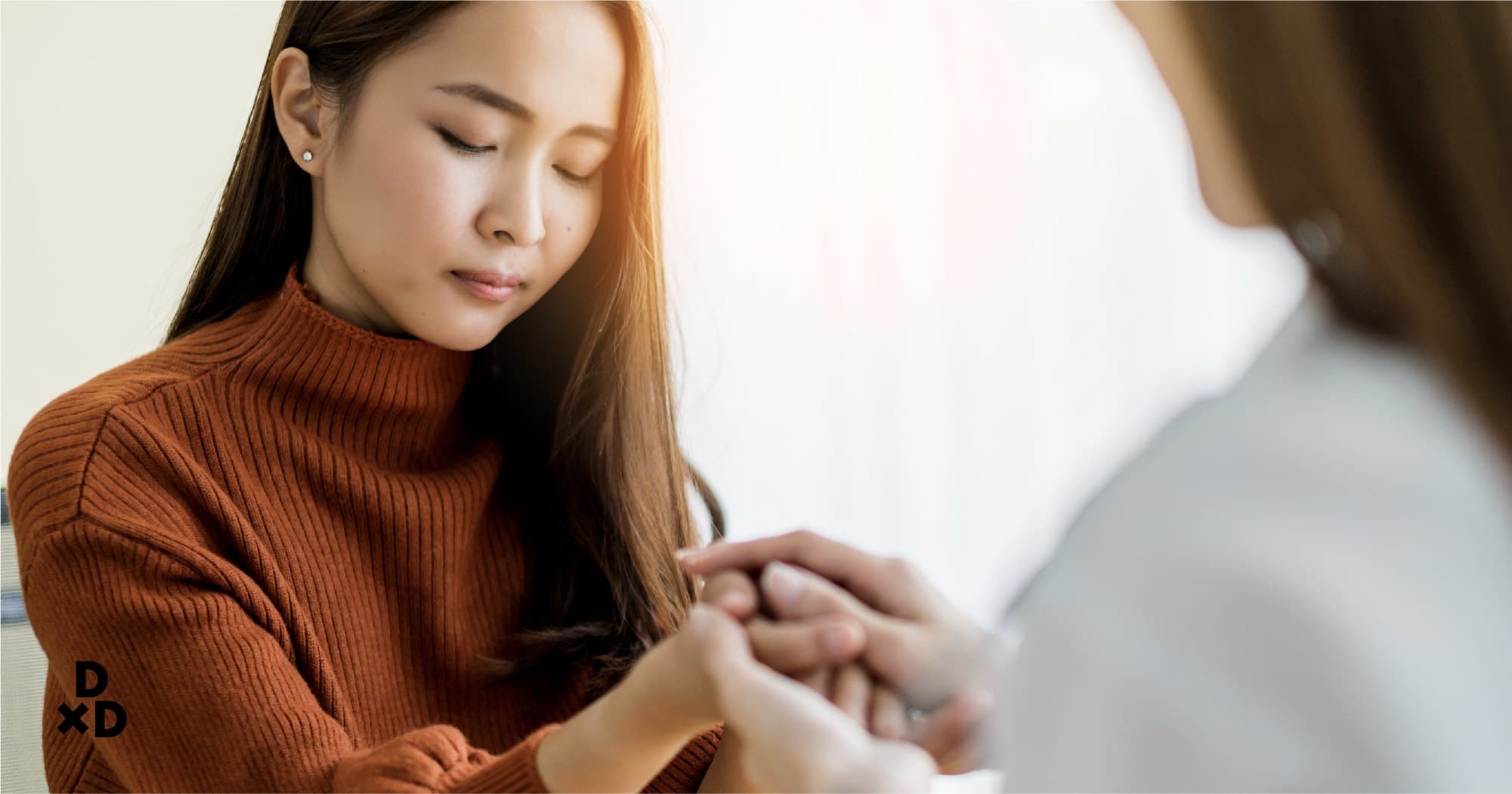
Can Traditional Chinese Medicine potentially help with Mental Health Issues?
The short answer is yes, it can.
TCM offers a way for healthcare providers to assess and clinically manage patients with mental health conditions and integrates well with Western medicine. [7]
For example, when treating infertility, acupuncture has been shown to relieve stress and anxiety associated with the arduous IVF process, and hence, increases your chances of conceiving. Other studies examined a decrease in stress for patients with hypertension [8], or lowering perceived stress in students and faculty [9].
Also read: How does stress affect your fertility?
Beyond that, research into TCM in sleep and mood disorders supports acupuncture for treating insomnia. Other research areas examine use of herbal medicine for psychotic disorders like schizophrenia, and cognitive disorders like dementia. [10]
Also read: The Best Tips From A Singaporean Psychiatrist On How To Take Care Of Your Mental Health
Summary
I hope this article has helped you understand Traditional Chinese medicine better, and that now you have a clearer view of what seeing a TCM physician in Singapore is like. Acupuncture and herbal medicines date back at least 2,200 years with the earliest recorded use of it being in the 3rd century BCE. Perhaps it’s just what you need to help with your condition.
Learn more about Physician Tay and his practice here.
You may also read more on the topic of TCM here. We have an array of TCM-related articles and questions that will definitely be useful to you.







